For decades, dementia has been a formidable challenge for patients, caregivers, and healthcare providers alike. Characterized by anxiety, agitation, and a decline in cognitive function, the disease often leaves loved ones and medical professionals searching for ways to improve patients’ quality of life. Enter cannabis—a once-stigmatized plant now emerging as a potential game-changer for dementia care.
While definitive research is limited, anecdotal evidence and early studies are painting a promising picture of cannabis as a tool for managing symptoms like anxiety, agitation, and sleep disturbances. For patients like 72-year-old Mark Roberts of Elwell, Michigan, cannabis has provided relief traditional medications failed to deliver. “It just calms me down,” he shared with the Wall Street Journal, of the liquid cannabis dose he takes twice a day. His wife Brenda agrees, noting in the article how the treatment has positively impacted their relationship by easing his outbursts and anxiety.
Despite stories like the Roberts’, the use of cannabis in dementia care is not without its complexities or detractors. Questions remain about its long-term effects, particularly on cognition, as well as its risks for older adults. Yet, as more patients and caregivers explore cannabis as an alternative to traditional antipsychotics, the conversation about its role in dementia care is evolving—and it’s long overdue.
A Shift Toward Compassionate Care
For many dementia patients, traditional medications often come with unsettling side effects. Antipsychotics, frequently prescribed for severe agitation, can cause constipation, confusion, and in some cases, even exacerbate agitation. These side effects can diminish quality of life for patients already grappling with a cruel disease.
Cannabis offers a different approach. According to the Wall Street Journal article, doctors like Dr. Jeffrey Hergenrather, a California general practitioner specializing in cannabis, are seeing an increasing number of dementia patients—roughly 20% of his consultations—turning to cannabis after exhausting other options. These patients and their caregivers report improvements in anxiety, mood, sleep, and even appetite.
One such caregiver, Anica Leon-Weil, turned to cannabis edibles after noticing her mother, who has Alzheimer’s disease, was experiencing heightened anxiety and psychosis on her prescribed medication. The switch made a noticeable difference she told the Journal. "She is much more able to stay asleep through the night and just relax,” says Leon-Weil, adding that the edibles are now part of her mother’s nightly routine.
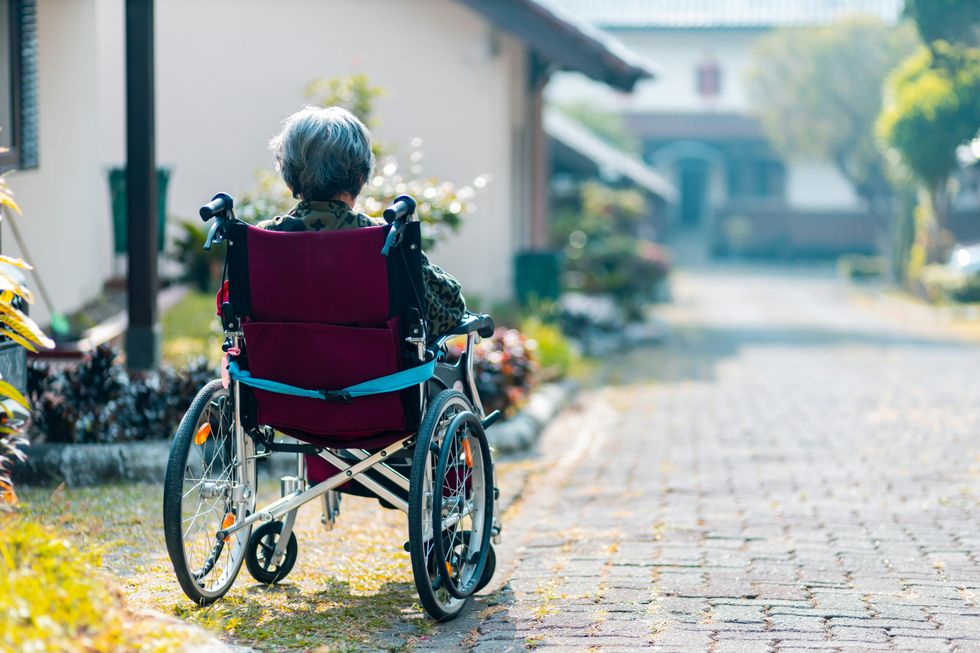
Will The Science Ever Catch Up?
While stories like these are compelling, the science behind cannabis for dementia is still catching up. Most studies remain small and preliminary. Early findings from a National Institute on Aging study suggest that combining THC (the psychoactive component of cannabis) with CBD (a non-psychoactive compound) could provide relief for hospice-eligible dementia patients suffering from severe agitation. Principal investigator Dr. Jacobo Mintzer believes this treatment could improve quality of life in a patient’s final days, allowing them to "die with dignity and without agitation or fear."
Other studies echo similar findings. In one trial involving 75 Alzheimer’s patients, low doses of synthetic THC significantly reduced agitation compared to a placebo. However, the treatment also caused drowsiness, which raises concerns about fall risks in older adults. Additionally, while THC impairs cognitive function in younger animals, some studies suggest it might actually improve cognition in older animals—a finding that underscores the need for further research on how cannabis affects humans across different age groups.
Ziva Cooper, director of the UCLA Center for Cannabis and Cannabinoids, acknowledges the growing interest among older adults but highlights a glaring gap: “There really hasn’t been [enough] comparison between younger, middle-aged, and older adults.”
For caregivers, cannabis represents not only a potential solution for their loved ones but also a reprieve from the relentless demands of caregiving. However, the decision to use cannabis isn’t without risks. Drowsiness and cognitive impairment can exacerbate challenges for older adults, particularly those prone to falls.
Most doctors advocating for cannabis in dementia care recommend it primarily for middle to late-stage patients. They also stress the importance of balancing THC and CBD to maximize benefits while minimizing side effects. CBD, known for its calming properties, can temper THC’s psychoactive effects, making the combination a common prescription for dementia patients.
Yet, this careful balancing act underscores a larger issue: the lack of clear, standardized guidelines for using cannabis in dementia care. Without robust clinical research, patients and caregivers are left navigating a largely unregulated landscape, relying on anecdotal evidence and trial-and-error.
Outdated Stances: The Need for a Paradigm Shift
While the medical community wrestles with the unknowns, leading dementia organizations like the Alzheimer’s Association and Alzheimer Society of Canada have remained conspicuously silent—or worse, outdated—in their positions on cannabis. The Alzheimer’s Association’s last formal stance dates back to 2020, while the Alzheimer Society of Canada’s position stems from 2018. Both reflect a cautious, almost dismissive attitude toward cannabis, citing insufficient evidence and potential risks without acknowledging the evolving landscape or the growing body of anecdotal and preliminary scientific support.
In the four to six years since these positions were crafted, the legal cannabis industry and its associated research have grown exponentially. Patients and caregivers are no longer waiting for institutional approval—they’re forging ahead, often with positive results. Organizations tasked with advocating for dementia patients must revisit their stances to reflect the realities of today’s world, where cannabis is increasingly part of the conversation about compassionate care.
The rise in cannabis use among dementia patients is a testament to the desperation many families feel in the face of this devastating disease. It’s also a call to action for the medical community, researchers, and advocacy groups to prioritize rigorous studies that can offer clear guidance on cannabis’s benefits and risks.
For patients, cannabis has provided a tangible improvement in their daily lives. For their caregivers, it’s a tool to ease the burden of an unrelenting disease. These stories, while anecdotal, point to the immense potential cannabis holds for transforming dementia care—if approached with care, regulation, and science.
The conversation must move beyond stigmas and outdated positions. As more patients and caregivers explore cannabis, it’s time for the medical and advocacy communities to catch up. While cannabis may not be a cure for dementia, its ability to ease suffering and enhance quality of life makes it an option that deserves thoughtful, well-informed consideration.
By embracing both the promise and the responsibility of this emerging treatment, we can pave the way for a future where dementia care prioritizes not just survival, but dignity and comfort for those who need it most.




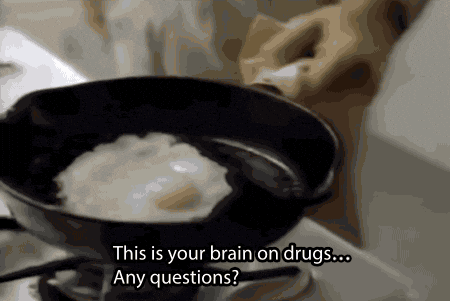


 How to Make a Cannagar Without a Mold: A Comprehensive Guide - The Bluntness
Photo by
How to Make a Cannagar Without a Mold: A Comprehensive Guide - The Bluntness
Photo by 
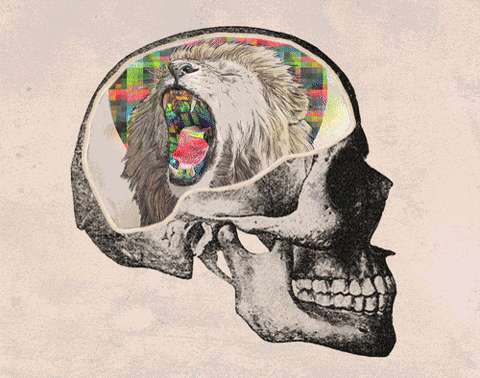





 Can Drug Dogs Smell Edibles? - The Bluntness
Photo by
Can Drug Dogs Smell Edibles? - The Bluntness
Photo by  Can Drug Dogs Smell Edibles? - The Bluntness
Photo by
Can Drug Dogs Smell Edibles? - The Bluntness
Photo by 
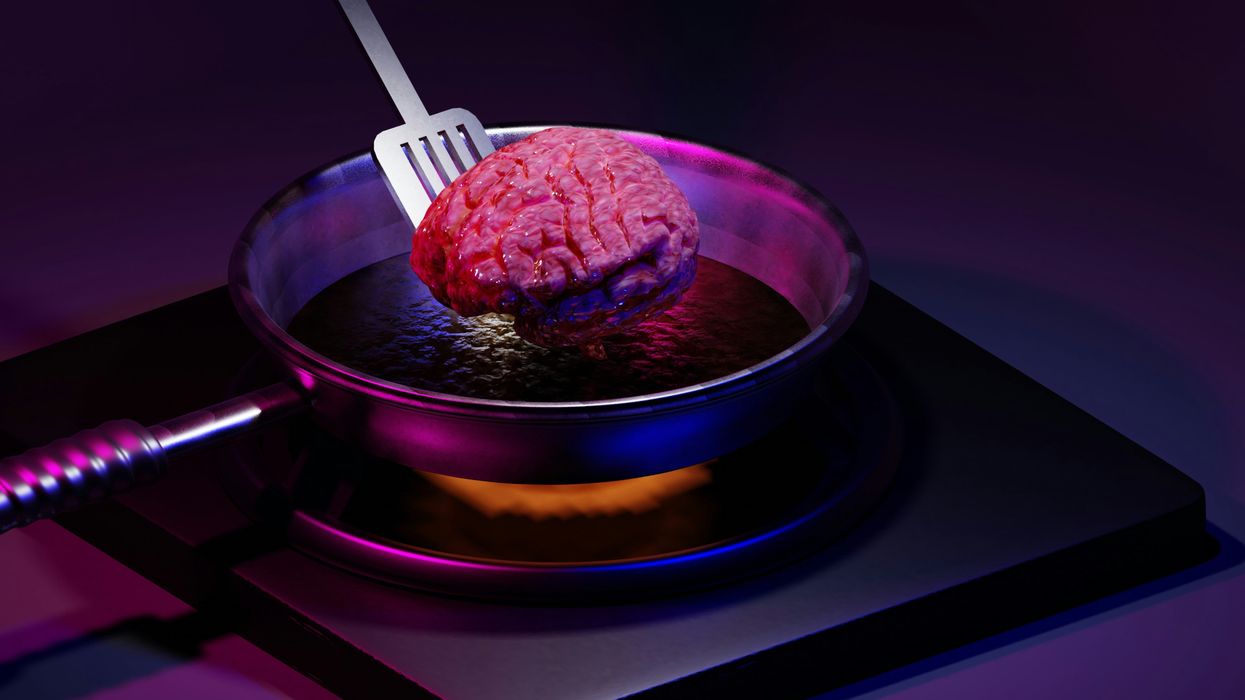
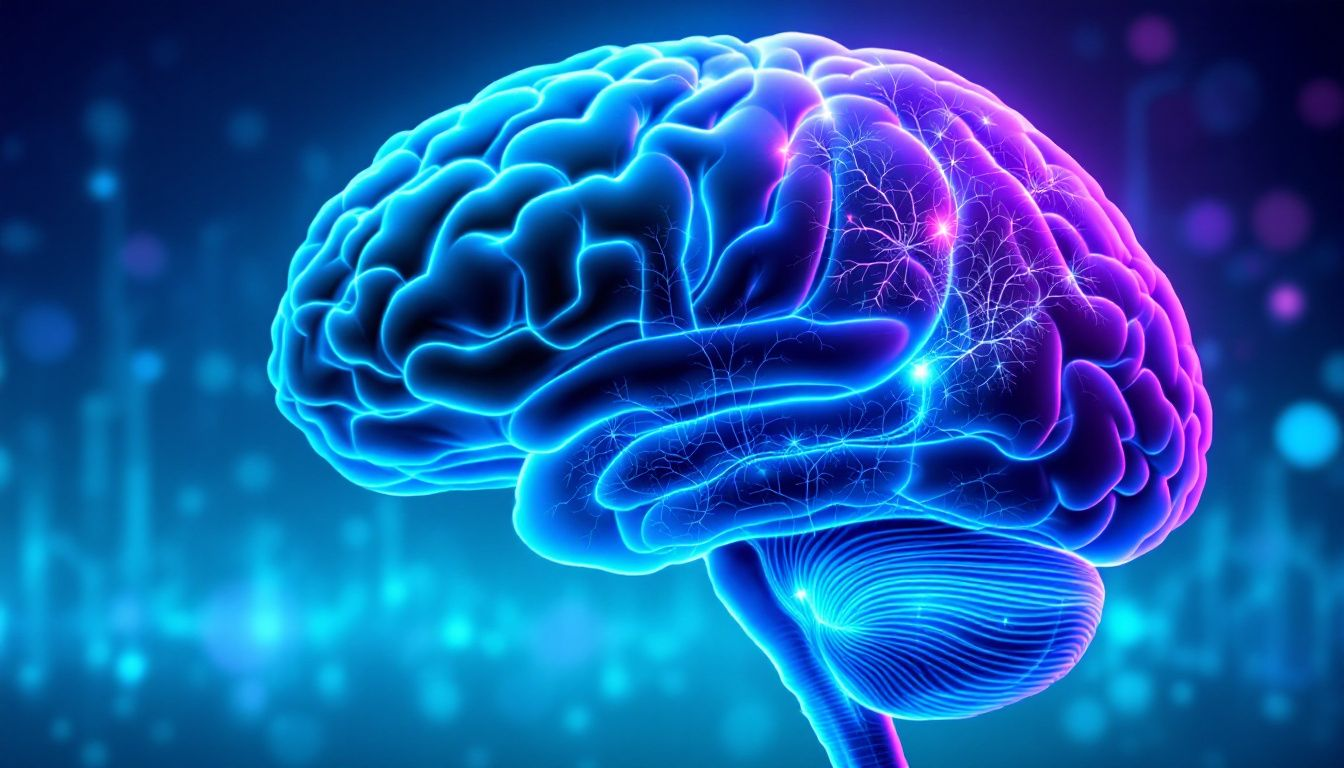

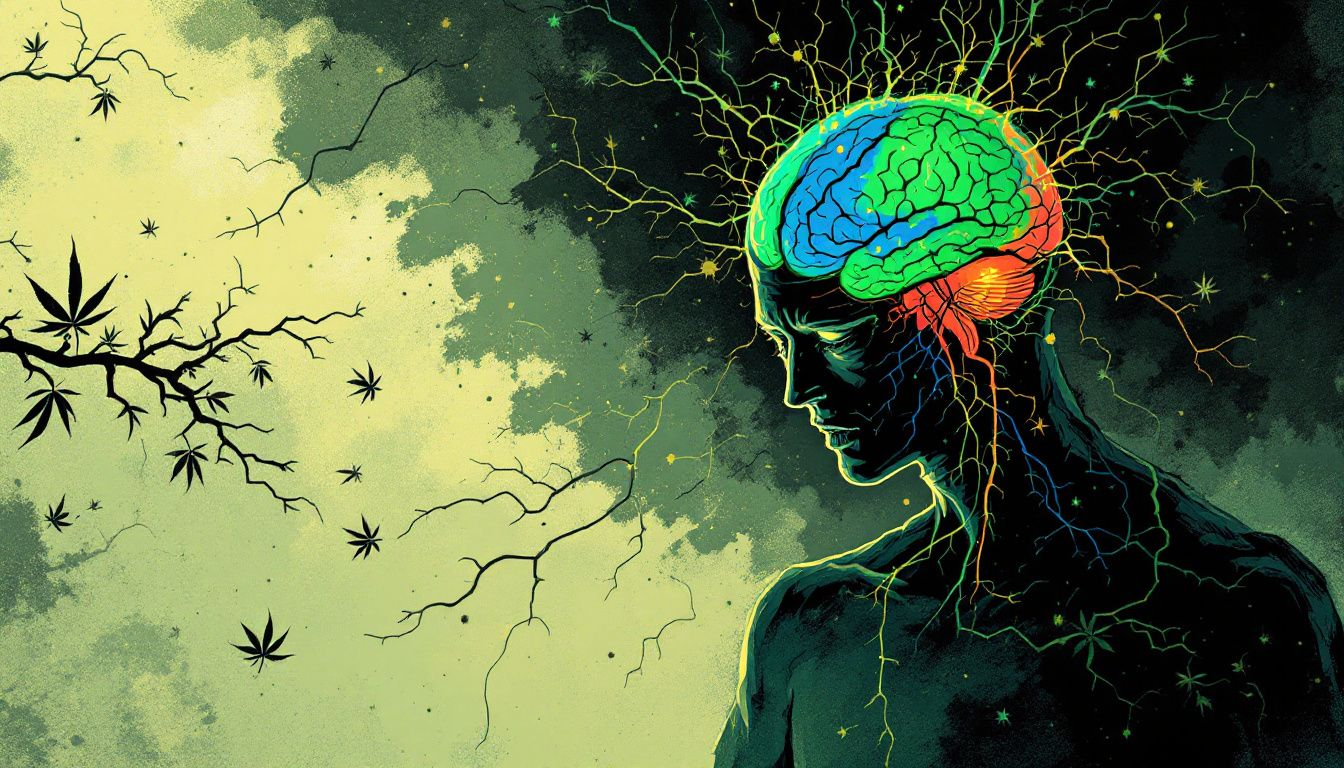

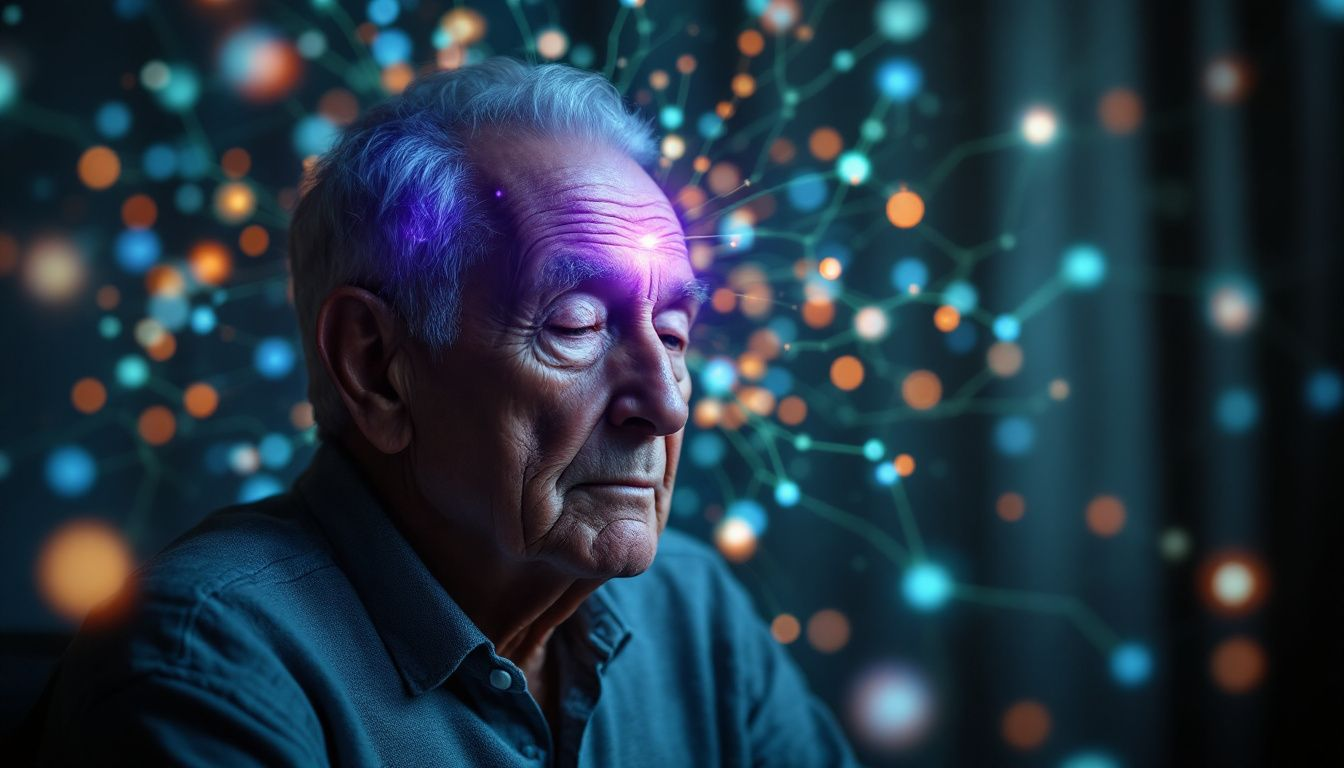
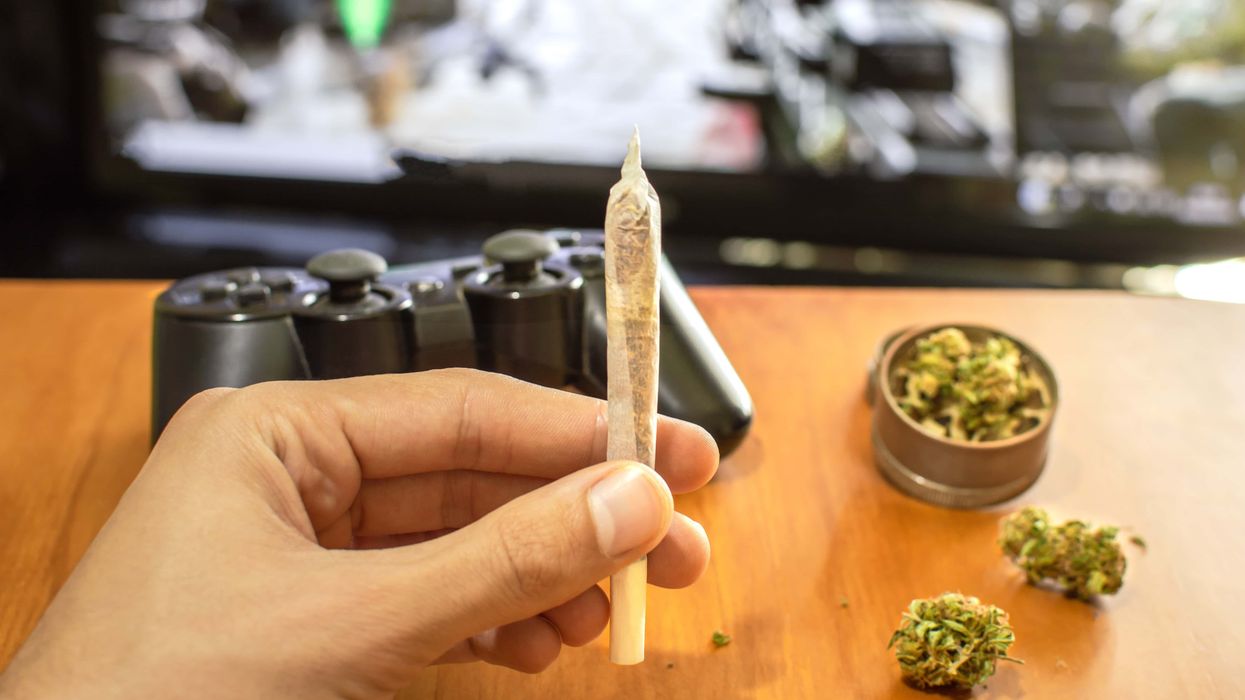
 How Does Cannabis Use Affect the Gaming Experience? - The Bluntness
Photo by
How Does Cannabis Use Affect the Gaming Experience? - The Bluntness
Photo by  Are There Specific Game Genres That Are More Enjoyable When Using Cannabis? - The Bluntness
Photo by
Are There Specific Game Genres That Are More Enjoyable When Using Cannabis? - The Bluntness
Photo by